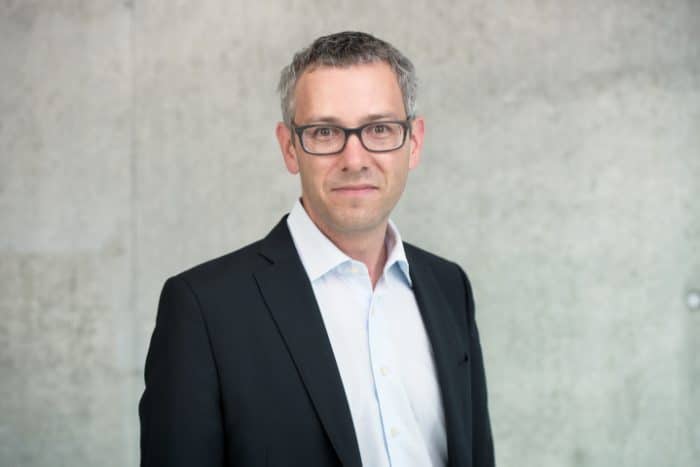Ten years on from Fukushima, the ENSI Board still holds that safety has priority over political or economic interests

Where there are conflicts of interest between politics, safety and profitability, safety must always take priority. This is one of the most important lessons learnt from the Fukushima nuclear accident. Analysis subsequent to the accident revealed the lack of independence of the regulatory authorities, and dependencies and ties between personnel inside the nuclear industry.
This was not a new finding. The 1994 international convention on nuclear safety calls for the effective separation of regulatory bodies or organisations from organisations involved in the promotion and exploitation of nuclear energy. as Already in 2007, the interdependence of politics, the nuclear industry and the regulatory function in Japan had been criticised by an international team of experts.
The separation of nuclear regulation from political and economic influences was a topic of interest in Switzerland both before and after Fukushima. At the start of 2009, nuclear supervision was carved out of the Swiss Federal Office of Energy as an outsourced organisation (the Swiss Federal Nuclear Safety Inspectorate (ENSI)) with its own supervisory management (the ENSI Board) – first and foremost to fulfil the need for the independence of the supervisory function. These principles were confirmed and clarified by the Federal Council in the form of an amendment to the ENSI ordinance. Moreover, the independence of ENSI was considered as part of the 2011 IRRS Mission and will also be a part of this year’s IRRS mission.
In the future too, the separation of the supervisory function from economic and political influences will continue to play a key role: considerable political and economic interests exist in respect of the first ever decommissioning of a nuclear power plant in Switzerland, in selecting a site for a deep geological repository and in the continued operation of the now more than 50 years old Beznau NPP, where in each of these cases, safety-orientated oversight must be given top priority.
Subsequent to Switzerland’s decision not to authorise any new nuclear power plants, the need for an independent nuclear regulator with a high level of technical competence will remain highly important for many years to come. Against the background of the lessons learnt from the major nuclear accident in Fukushima, the ENSI Board will continue to carry out its duties both vigilantly and independently, while ensuring the clear separation of ENSI’s regulatory safety function on the one hand from economic and political interests on the other.
Andreas Abegg, ENSI Board President

